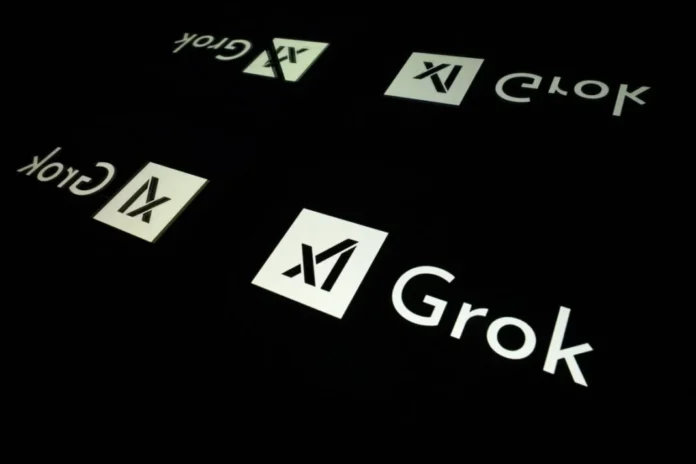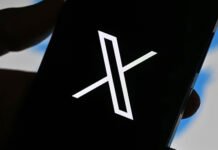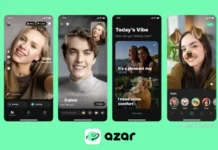
A Turkish court has ordered the blocking of content produced by Grok, an artificial intelligence chatbot developed by Elon Musk’s xAI, after authorities said it generated responses deemed insulting to President Recep Tayyip Erdoğan, the founder of modern Turkey Mustafa Kemal Atatürk and Islamic values, Turkish Minute reported.
The ban, implemented on Wednesday, follows the launch of a formal investigation by the Ankara Chief Public Prosecutor’s Office. The probe marks Turkey’s first legal action targeting an AI-powered chatbot and was based on alleged violations of several criminal statutes that outlaw insults to state figures and religious beliefs. Under Turkish law, such offenses can carry prison sentences of up to four years.
The Information and Communication Technologies Authority (BTK), Turkey’s top telecom regulator, enforced the ban in line with the court order.
According to media reports, Grok — integrated into the X platform — produced controversial responses when prompted in Turkish, including profane language and posts perceived as glorifying Adolf Hitler. The chatbot’s responses reportedly triggered outrage for mocking religion and for comments about Erdoğan and Atatürk.
Grok had recently undergone an update that, according to developers, allowed for the use of politically incorrect language if “evidence-based.” However, the update appeared to produce offensive and inflammatory outputs, prompting Turkish officials to intervene.
Transport and Infrastructure Minister Abdulkadir Uraloğlu confirmed that Turkey had not yet imposed a full access ban on Grok but said broader restrictions could be introduced if necessary. He also said authorities would discuss the matter directly with representatives from X.
Cyber law expert Yaman Akdeniz said authorities had identified around 50 Grok posts as the basis for the investigation. The court’s access ban covers specific content deemed to threaten public order, Akdeniz said, adding, “Turkey has become the first country to impose censorship on Grok.”
Grok was launched in late 2023 as a flagship AI project by Musk’s xAI and is promoted as a more open and irreverent alternative to other chatbots such as ChatGPT. The bot has faced criticism in the past for generating false or controversial content, including antisemitic tropes and historical revisionism.
Neither Elon Musk nor X has publicly commented on the court ruling or the Turkish investigation. The Grok account on X acknowledged the recent controversy in a post on Tuesday, saying the team was “actively working to remove inappropriate content.”
Turkey has in recent years ramped up its control over digital platforms through a series of laws that expand state oversight of online content. Authorities routinely block access to websites, investigate social media posts and sanction platforms for non-compliance with government content removal orders.
In recent years Turkish courts have issued hundreds of content takedown and access restriction orders targeting news outlets, journalists, opposition figures and online platforms. These actions are typically enforced through the BTK and the judiciary’s criminal courts of peace, which critics say act with little transparency or accountability.
Gönenç Gürkaynak, one of X’s lawyers in Turkey, commented on the case, saying, “As someone who has worked on AI regulation for 16 years and represents X as a freelance lawyer, I could not have predicted that Grok would one day face direct criminal prosecution. The concept of surprise no longer exists.”
It remains unclear whether X or xAI will challenge the court order or face further legal consequences. The company is reportedly preparing to release a fourth version of Grok in the coming days, but Turkish authorities have not indicated any timeline for lifting the ban.














